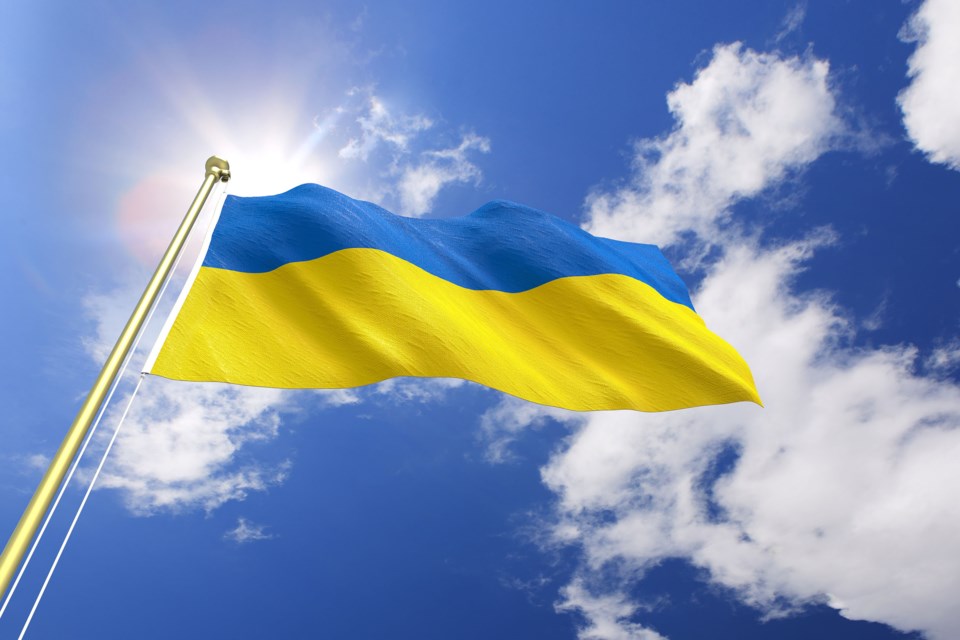YORKTON - The war in Ukraine is certainly causing volatility in our world at present, and that of course reflects on agriculture too.
A Canadian Press story at SASKTODAY.ca illustrates the situation from a Ukraine perspective citing Ukrainian President Volodymyr Zelensky accusing the West of cowardice Sunday as his country fights to stave off Russia’s invading troops, making an exasperated plea for fighter jets and tanks to sustain a defense as the war ground into a battle of attrition.
“I’ve talked to the defenders of Mariupol today. I’m in constant contact with them. Their determination, heroism and firmness are astonishing,” Zelensky said in a video address, referring to the besieged southern city that has suffered some of the war’s greatest deprivations and horrors. “If only those who have been thinking for 31 days on how to hand over dozens of jets and tanks had one per cent of their courage,” detailed the CP story.
One can appreciate Zelensky’s frustration. It’s great to stop buying Russian vodka, or to ban curling teams from World Championships, but realistically such measures is not going to push Russian president Vladimir Putin to turn his army’s tanks around and leave Ukraine.
There are even reports the various bans are having limited impact, in particular with suggestions Russian wheat is still moving to market, with some suggestions at record levels, according to a story at producer.com
American president Joe Biden hit the nail on the head when he said in a speech last week that Russian President Vladimir Putin could not stay in power. While the U.S., has tried to soften that stance since the speech, Biden appears right, although whether the west has the resolve to save Ukraine remains very much in question, as Zelensky noted.
Set against the backdrop of Russian missiles flying, and the west waffling on military aid for Ukraine, is the impact on farming – at least for this particular column.
Ukrainian farmers should be planting their crops, but how does that work when war is close at hand?
Imagine Saskatchewan farmers readying to seed the crop when Winnipeg or Calgary or Edmonton or Regina were being bombed, civilians being killed, or abandoning their homes to become refugees in the face of a foreign force. How would farmers deal with the stress and threat?
In Ukraine it has been reported farmers are ready to plant, although concern over fuel supplies exist. But, what if the crop is not planted, or harvested? How does that impact Europe in terms of feed supply?
The questions of an expanding war, either in Ukraine now or somewhere later as Putin’s expansionism looks elsewhere, coupled with the impact to 2022 cropping in a key agricultural region, creates a huge shadow over the agriculture sector.


.JPG;w=120;h=80;mode=crop)


.JPG;w=120;h=80;mode=crop)
